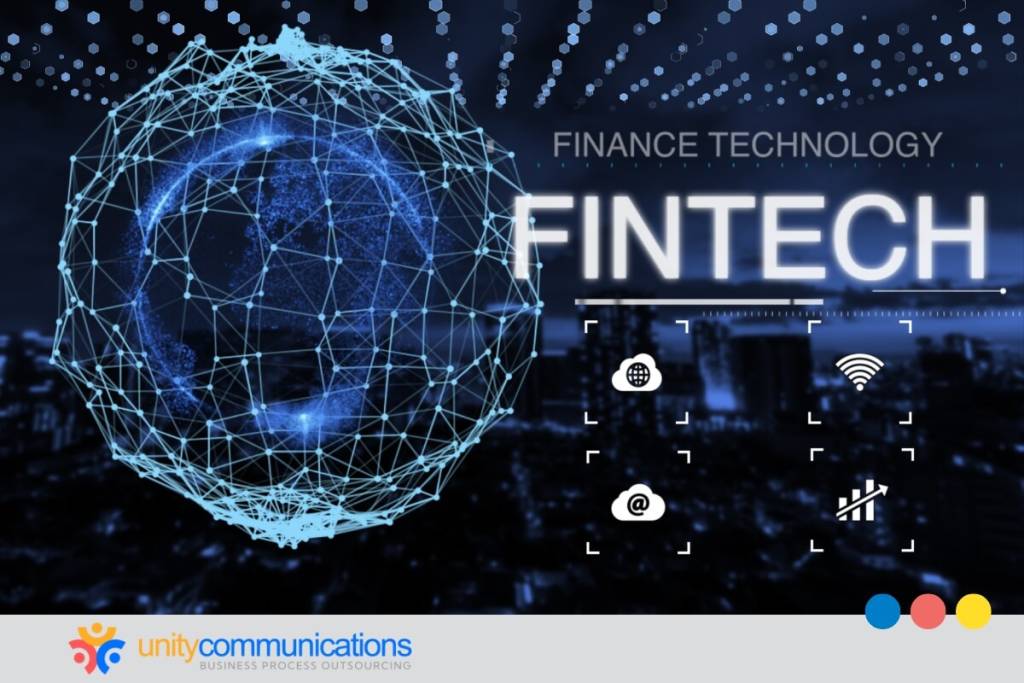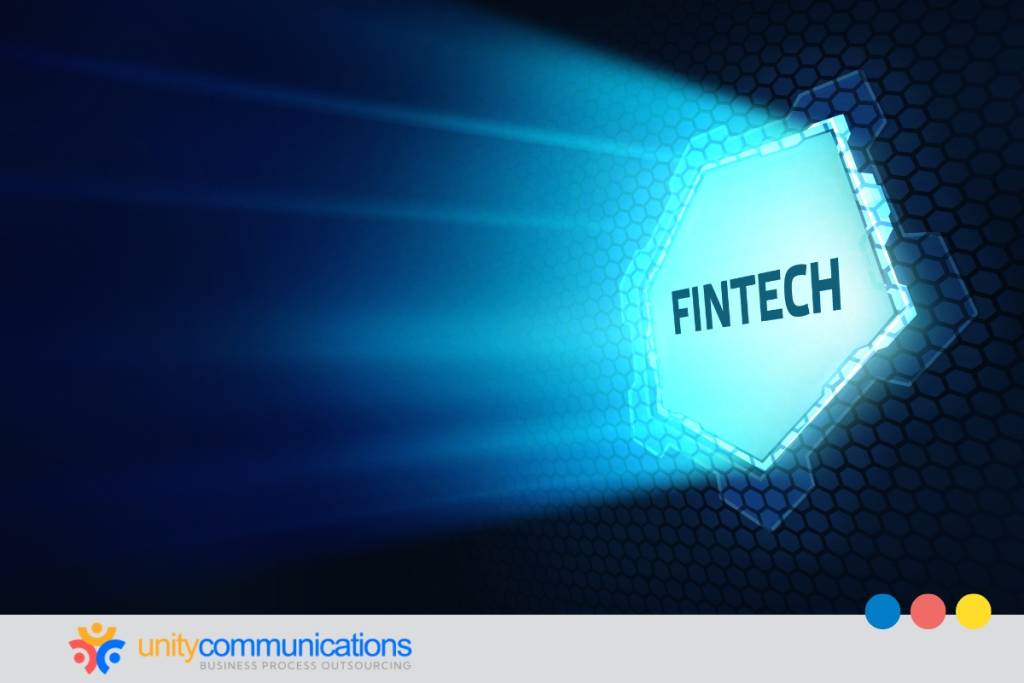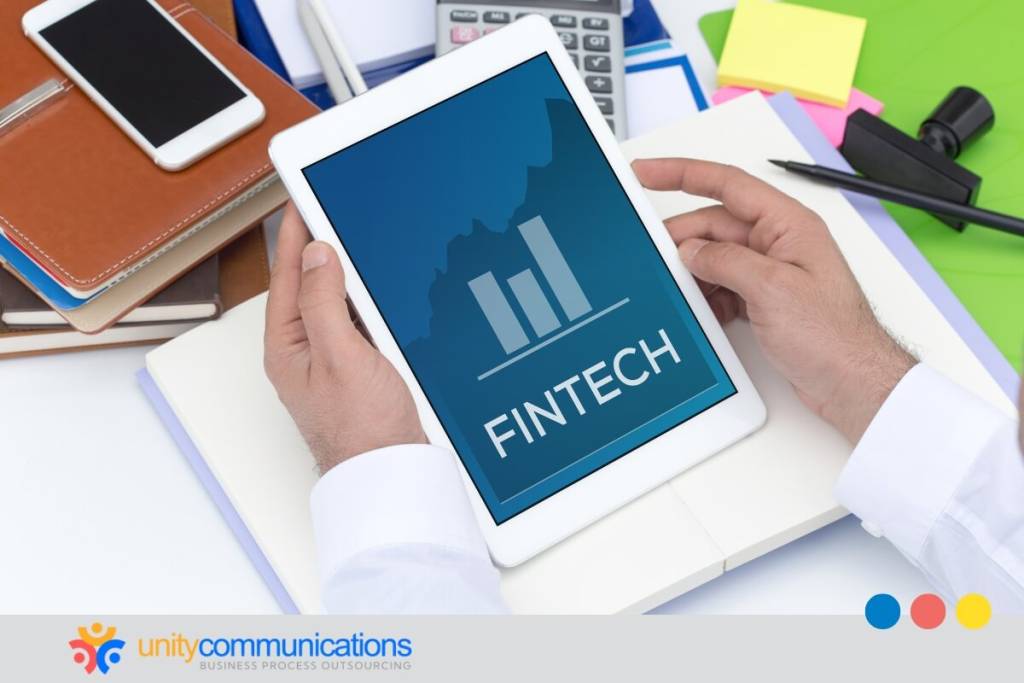Table of Contents
E-commerce has changed how businesses operate, with many companies selling products and services to customers worldwide through the Internet. Globalization increased demand for outsourced e-commerce tasks, such as customer service, web design, and bulk data entry.
As the e-commerce market grows, more brands turn to business process outsourcing (BPO). For instance, an online retailer turns to a BPO company in Phoenix to reduce costs and enhance customer experience.
This article explores how BPO strengthens operations for Phoenix e-commerce businesses.
Ways BPO Strengthens E-commerce Businesses
E-commerce is booming. Its global market is expected to reach $70.9 trillion by 2028, and competition is at an all-time high. Outsourcing is an attractive option for companies wanting to gain a competitive edge.
Outsourcing e-commerce services provides businesses with tech-savvy staff, affordable fees, and sought-after skills. However, access to amazing resources is not enough. Here are more ways BPO strengthens Phoenix e-commerce businesses:
Using a Seamless Customer Relationship Management (CRM) Tool
One way BPO boosts operations for Phoenix e-commerce businesses is by using a CRM platform, which helps build better relationships with end customers. Business process outsourcing firms use CRM software to give third-party agents and the marketing team access to customer information. It also automates recurring tasks that may annoy users.
CRM collects customer information, from their names and contact details to their purchase behavior and history. It then provides clients and BPO firms with valuable insights that help them design seamless and personalized customer experiences, enabling higher acquisition and retention.
Many companies hesitate to invest in CRM because of its high procurement costs and the time it takes to see a positive return on investment (ROI). Using the capabilities and technological infrastructure of a BPO partner, even small to medium-sized e-commerce brands can access CRM.
A big advantage of e-commerce outsourcing is that clients can tap modern technologies that their BPO partner uses that would otherwise be unavailable.
Enhancing Your Expertise
So you have a great product and an excellent idea you are certain consumers will want. That is a good start, but great ideas will only be realized if you understand how to manage procurement, handle customer care, oversee logistics and shipping, and reach end customers.
Knowledge is crucial; this is where a reputable BPO firm can support Phoenix e-commerce businesses. A good service provider is worth its weight in gold.
E-commerce players cannot only generate significant cost savings; they can also access industry experts for any role needed via outsourcing vendors. BPO firms often work with e-commerce brands, so they have gained industry insights that online retailers can use.
Establishing Measurable Customer Service Metrics
You cannot improve what you do not measure. Setting measurable key performance indicators (KPIs) helps you and your e-commerce customer service outsourcing partner create data-driven strategies that fulfill company objectives and increase revenue.
Tracking your progress is difficult if you do not measure KPIs. You risk making uninformed business decisions that may put your brand in jeopardy.
However, you do not need to assign a KPI for all aspects of the operation. Determine the areas that matter most to your overall goals, monitor them, and improve the results. A BPO partner bolsters these processes for Phoenix e-commerce businesses, especially if they lack the expertise.
Here are some of the most commonly used KPIs for e-commerce:
| KPI | Definition | Formula |
|---|---|---|
Conversion rate | The conversion rate is the percentage of online shoppers who purchase from your website.Understanding your performance in this metric helps you design and adjust optimization techniques and reduce the acquisition cost. | Number of users who visit your site/number of sale transactions = conversion rate
|
| Net promoter score (NPS) | The NPS shows how likely end customers are to promote your brand to others based on their experience. You must pay attention to the effect of word-of-mouth marketing, which generates around $6 trillion a year in global consumer spending. Understanding how satisfied or dissatisfied customers are with your company is the first step towards addressing pain points in the customer experience journey. | % promoters – % detractors = NPS |
| Customer lifetime value (CLV) | Keeping existing customers is more affordable than acquiring new ones. Hence, assessing your CLV is vital. This metric tells you how much a buyer spends with your e-commerce store overall. Understanding this data lets you allocate acquisition and retention funds accordingly. | Total revenue earned within the customer’s lifespan – total amount spent serving and acquiring customers = CLV |
| Customer acquisition cost (CAC) | Getting new customers is expensive, so e-commerce business owners must allocate resources and time wisely to design effective customer acquisition strategies. Achieving this requires thorough monitoring of the CAC. | Total marketing expense / total number of customers gained = CAC. |
| Return customer rate | The return customer rate is the percentage of buyers who return to do business with you. Attracting repeat purchases is the key to standing out in a highly saturated e-commerce market. Creating a good return-purchase strategy is also important. | (Total number of repeat business / total completed transactions) x 100 = return customer rate |
| Churn rate | The churn rate indicates the number of customers lost over time. For e-commerce, defining situations that can be counted as “churn” is crucial. Suppose you experience repeat business for 30 days based on your historical data. Customers who did not buy within that time can be considered churn.
| Total number of customers lost over a period / total number of customers gained = churn rate. |
Increasing Availability
Another way BPO strengthens functions for Phoenix e-commerce businesses is by increasing available hours for customer support. Customers expect online retailers to be available round-the-clock to answer questions or provide assistance. The internet never closes, and if you are unavailable when a customer is, you risk losing a sale and a customer to your competitors.
Many e-commerce business owners understand the importance of 24/7 support, but its high costs are often prohibitive. However, working with an offshoring provider in the Philippines eliminates the financial hurdles. BPO providers in the Philippines have a team of agents willing to work night shifts due to differential pay.
Conversely, you can use the follow-the-sun method, depending on your location. For instance, your U.S. team handles customer tickets and inquiries during regular office hours, whereas the third-party team handles tickets received beyond your business hours. This arrangement ensures that agents are always available to help, no matter the time.
Expanding Market Reach
Customers for brick-and-mortar stores are often limited to nearby residents. Online retailers, however, know that the world is their oyster. No matter where they are, it is crucial to be recognizable by their target market.
BPO companies provide various strategies for Phoenix e-commerce businesses to reach wider audiences. They can offer a seasoned digital marketing and search engine optimization (SEO) team that can optimize your website to reach your target audience.
Moreover, they can let you in on new and evolving market insights. Outsourcing gives you access to professionals with insight into the local culture and market. This information helps you optimize websites, content, and products to fit a specific audience, as these aspects are not one-size-fits-all for all markets.
With the provider’s expertise, you can shorten the learning curve instead of designing strategies through trial and error. You can simply tap into their years of experience working with clients from around the globe.
Providing Omnichannel Support
Modern technology has given end customers various ways to contact e-commerce players for support. However, being available through different communication channels does not guarantee excellent customer service. They must also offer an omnichannel customer experience, which BPO firms can provide for Phoenix e-commerce businesses.
Omnichannel customer support fosters seamless communication between the brand and customers, regardless of the platform used. It requires omnichannel software that aggregates all communication modes into one hub and enables information sharing between agents. When e-commerce stores know who is on the other end and what information has been shared, they:
- Solve problems faster.
- Determine ways to satisfy customers better.
- Provide a more personalized experience.
- Increase revenue and reduce churn.
Omnichannel also allows moving an interaction to a channel more suitable for the customer’s issue. Retailers can invite buyers to transfer to a more secure channel, a channel with a better experience, or a channel that is simply more convenient. This is an essential part of customer-centric outsourcing, allowing for a better experience for everyone involved.
Lastly, the context and chat history move along with the interaction, so customers and brands benefit from unified, continuous, cross-channel conversation trails.
Developing Engaging Content
Potential buyers who visit your website spend only a short time trying to find something that interests them. Hence, your online store must be visually pleasing while providing customers with the necessary information to complete a purchase. Here are some factors to consider:
- Ensure your online store is easy to read and skimmable.
- Make sure that graphics and visuals are appealing to your website visitors.
- State clear and concise product information.
E-commerce outsourcing offers you access to various roles, and graphic artists and web designers are no exception. The worldwide design outsourcing landscape is growing. Outsourcing is the best way to find talent if you search for cutting-edge, world-leading designers. The cost savings are merely the cherry on top.
Creating Knowledge Base Hubs
One outsourced customer service tip is to partner with a provider that can help you build a knowledge base. Knowledge bases are self-service portals that enable customers to get answers to common questions or solve issues without agent intervention. Common inclusions in knowledge base hubs are:
- Frequently asked questions (FAQs)
- Web portals
- Shipping and privacy policies
- Product descriptions
- Terms and conditions
We are living in a time when customers expect solutions in an instant. Rather than speak to live agents, 67% of customers prefer using self-service options. Hence, leaders should consider tapping BPO firms to provide self-service solutions for their e-commerce businesses in Phoenix.
A knowledge base hub also streamlines information sharing between agents, which benefits their workflow. It helps them collaborate better and deliver fast, uniform solutions to simple issues.
You will get more bang for your buck if you design a knowledge base hub with a BPO firm that offers a solution for all areas of e-commerce support. Partnering with a single reputable provider to handle e-commerce support, content writing, data entry, and bookkeeping lets you save time, money, and resources.
The Bottom Line
Outsourcing is an excellent way for e-commerce companies to strengthen operations and scale efficiently. Online retailers can focus on their core competencies and allocate more resources to growth opportunities. Nevertheless, e-commerce outsourcing comes with challenges, so decision-makers must consider the benefits and risks of this strategy before committing.
A competent and reliable BPO partner can help you fortify your e-commerce business by giving you the necessary talent and resources. Unity Communications is here to help. We are a global outsourcing team with more than ten years of experience working with clients of different sizes.
Let’s connect to share our solutions with you!




